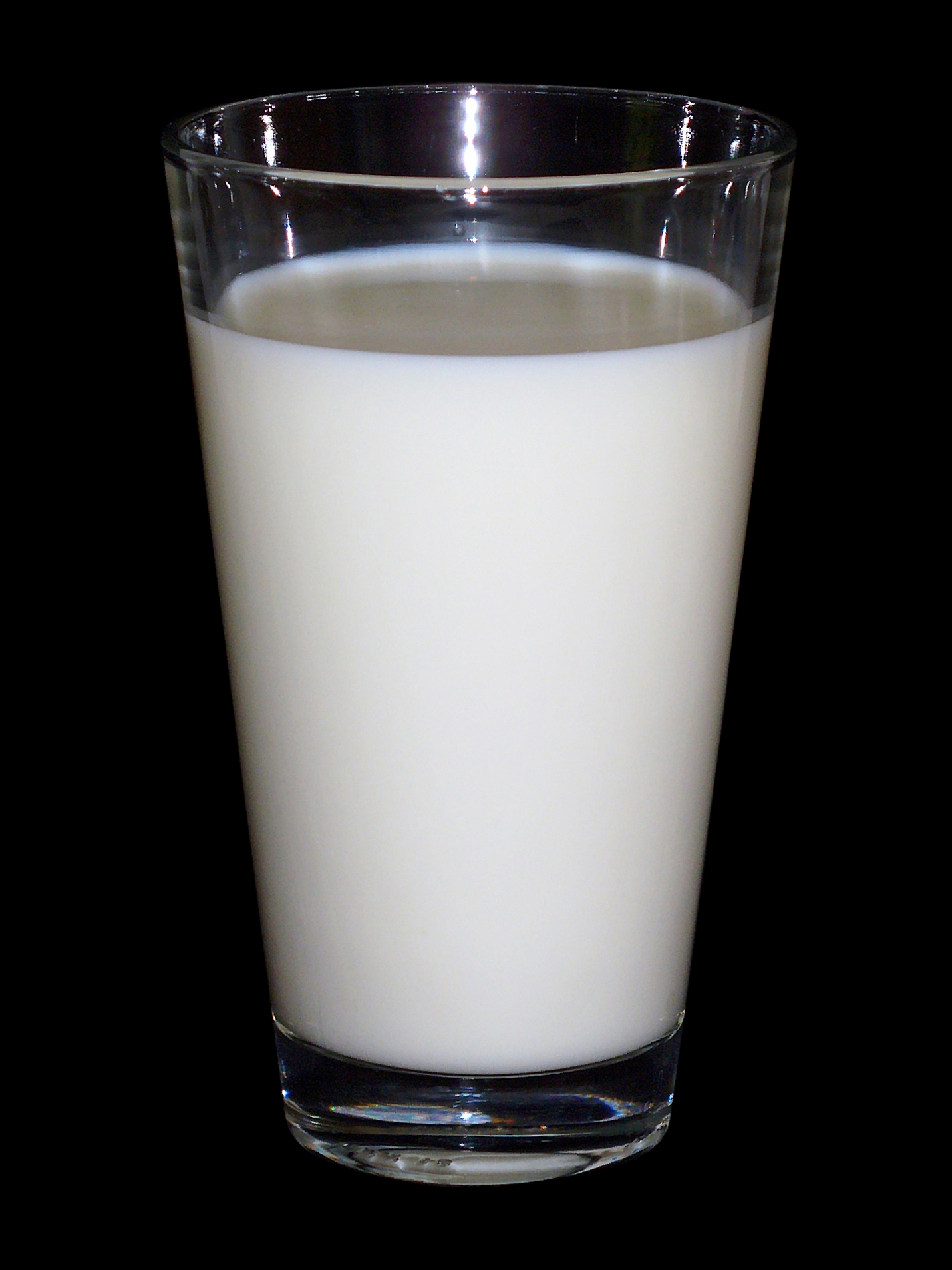
State Agriculture Officials Back Raw Milk Bill
Maine Department of Agriculture officials said Thursday they support easing licensing requirements for some dairy farmers who sell raw milk directly to consumers.
The debate about unpasteurized “raw milk” still divides Maine’s agriculture and dairy products community, as was evident from Thursday’s lengthy testimony before the Legislature’s Agriculture, Conservation and Forestry Committee. But after several failed legislative efforts, advocates for allowing farmers to sell raw milk without a license might have found a path to success.
March 13, 2015 | Source: Central Maine | by Kevin Miller
UGUSTA — Maine Department of Agriculture officials said Thursday they support easing licensing requirements for some dairy farmers who sell raw milk directly to consumers.
The debate about unpasteurized “raw milk” still divides Maine’s agriculture and dairy products community, as was evident from Thursday’s lengthy testimony before the Legislature’s Agriculture, Conservation and Forestry Committee. But after several failed legislative efforts, advocates for allowing farmers to sell raw milk without a license might have found a path to success.
Maine is one of more than two dozen states that allow sales of raw milk, but in only Maine’s case, the producers must be licensed by the state. Raw milk has increased in popularity among consumers who argue pasteurization kills beneficial vitamins, minerals and healthful bacteria. Health officials caution that raw milk can cause severe illness because pasteurization also kills such harmful bacteria as e. Coli and salmonella.
The Legislature is considering two bills that would loosen those regulatory requirements.
The first, L.D. 229, is the type of broader proposal long sought by defenders of raw milk that would exempt dairy farms from state licensing and inspections if they produce less than 20 gallons of raw milk per day that are then sold either at their farm or at farmer’s markets.
A second, narrower piece of legislation, L.D. 312, would exempt dairy farms if raw milk is sold only directly to consumers at the farm. It would prohibit farmers from advertising their raw milk products and would require farmers to undergo a dairy sanitation course. Both bills would require labels clearly showing the products are unpasteurized.
Ronald Dyer, director of quality assurance and regulations at the Maine Department of Agriculture, Conservation and Forestry, testified in support of the narrower bill as long as agriculture inspectors retained the right to visit a farm in the event of an outbreak related to a “unlicensed dairy product.” The department opposed the broader bill.
The more limited exemption proposed in the second bill, sponsored by Democratic Rep. William Noon of Sanford, appears designed to avoid another veto by Gov. Paul LePage. In 2013, LePage wrote in a letter accompanying his veto of a bill that he did not support exempting dairy farms that sell raw milk at farmer’s markets unless there was a mechanism to verify the “chain of custody” for the product.
“The ‘on Farm only’ approach would reduce risk to overall public health because consumers would know the farmer who produced the milk, see and inspect the farm and hold the producer accountable for foodborne illnesses that are associated with unpasteurized milk,” LePage wrote in his 2013 veto letter. “It would at the same time encourage more on-farm sales of raw milk without requiring a state license.”
The committee heard hours of testimony on both sides of the issue on Thursday.
Rep. Jeffery Hanley of Pittston, the sponsor of L.D. 299, said his legislation is identical to a law on the book in New Hampshire. Like many speakers, Hanley said the government should not get in the way of sales between consumers and farmers.
“My intention in this bill is we should trust the citizens, the citizens when they purchase something or when they produce something,” Hanley said.
But opponents — including the Maine Dairy Industry Association — said unregulated and unlicensed dairies could undermine public confidence in the entire industry in the event of a widely publicized illness tied to raw milk.
